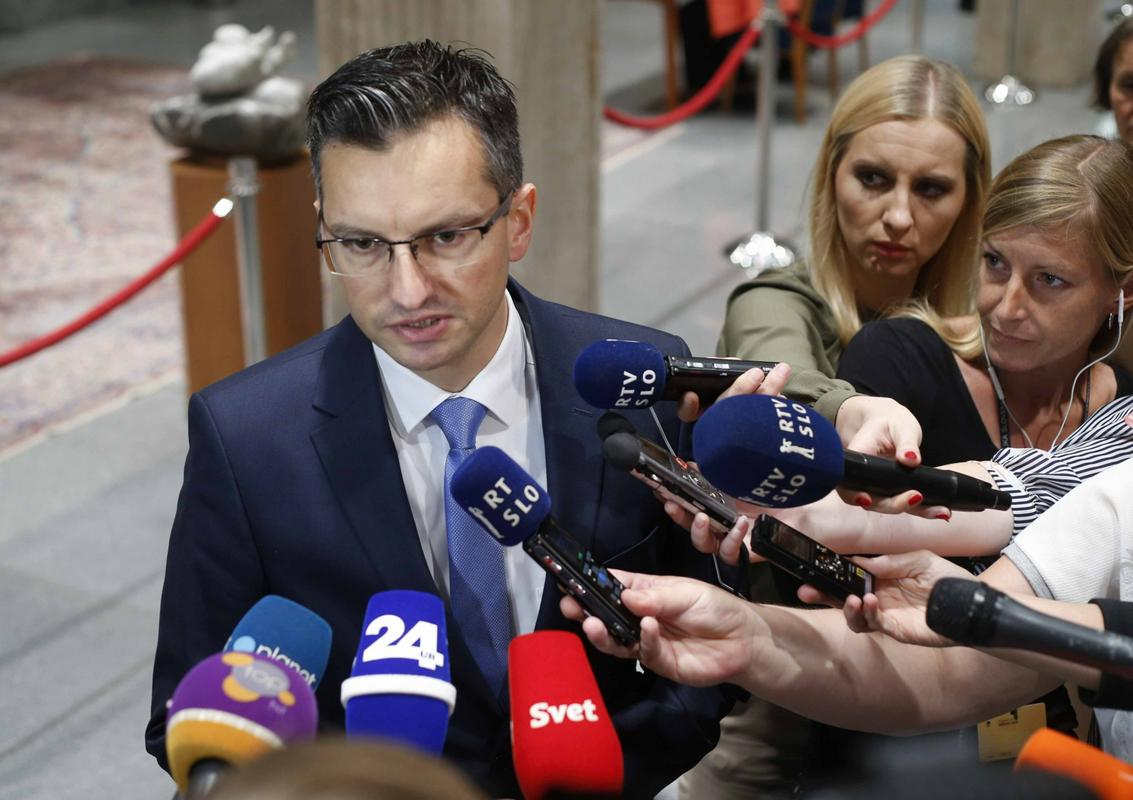
The draft agreement is composed of four sections and defines the key projects that the new government would execute as quickly as possible; it also includes specific long-term goals. The coalition calls for the existence of 17 ministries, as well as a protocol of sorts for cooperation between coalition partners.
The so-called "Coalition of the Future" would define healthcare, the aging of the population, and young people – the common priorities of the six coalition partners -- as the key challenges.
The coalition would emphasize public healthcare, which would be clearly separated from private healthcare. The key priority is the elimination of wait times. The coalition would involve both public institutions and private entities, perhaps even healthcare providers outside of Slovenia, and set aside additional funds. Less urgent plans include more autonomy, but also more accountability for heads of public healthcare providers, a clear definition of patients' rights, and a system that would set the amount of healthcare contributions based on an individual's income.
The draft agreement also foresees a reform of retirement-age social security, the increase of the base pension percentage to 63, and a higher retirement age (with adjustments for various jobs), but there is no mention about when and how these changes would be introduced. Retirees could continue to work, but only if they also continued to pay social security contributions.
The coalition agreement would also pay increased attention to young people, who would get more favorable home loan terms and a new rental policy. In the labor force, precarious work would be replaced with full-time, permanent contracts.
Reducing the tax burden on income, a priority of NSi, is also a part of the agreement. Uninhabited homes would face special taxation; the national debt would be reduced to 60 percent of the GDP; research and development funds would be increased to one percent of the GDP within four years; judges' terms would be limited to 12 years with the possibility of further elections; judges would be named by a judicial council rather than the Parliament; electoral districts would be abolished and absolute preferential votes introduced; the Second Track Project would face a review – without the involvement of the 2-TDK corporation, which is something SMC will not appreciate. When it comes to public sector pay, the agreement calls for bonuses for good performers, the end of leveling policies, as well as a new status for police officers and military personnel with new hirings.
The government would have 17 ministries; three more than the current number. The new ministries would be responsible for digitalization, science and technology, energy policy, and regional development.
The draft agreement is essentially Šarec's list of proposals. It includes something – or occasionally more than that -- for everyone, but not everything will please all the parties.

































































